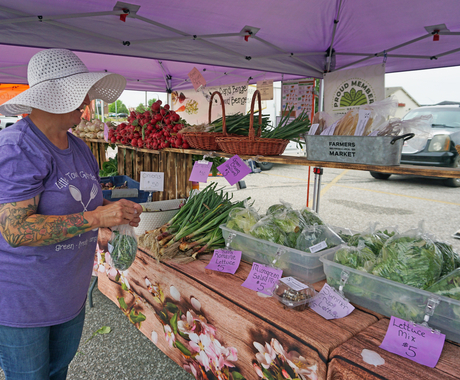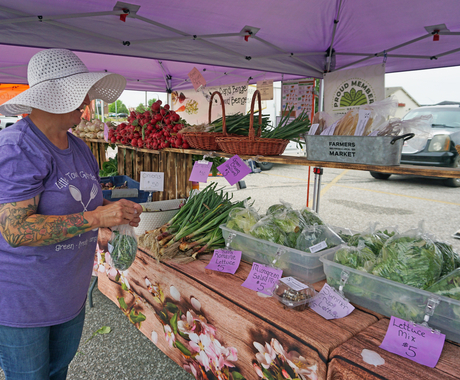Rhea Landholm, brand marketing and communications manager, rheal@cfra.org, 402.687.2100 ext 1025
Para la versión en español de esta historia, por favor oprima aqui.
LYONS, NEBRASKA – Nebraska is facing a crisis, and some of our most essential workers have the greatest risk, according to “Supporting Essential Workers, Growth, and Change During COVID-19,” a white paper released today by the Center for Rural Affairs.
Early outbreaks of the coronavirus pandemic at meat processing plants has brought Nebraska and neighboring states into the national and international spotlight. According to the report, in the U.S. food processing industry, 49.1 percent of jobs are occupied by immigrants. Those foreign born account for 21.6 percent of all food sector workers, which makes up 3.8 million workers exposed to COVID-19.
In October, Nebraska’s meatpacking plants accounted for 1 in 5 of the state’s confirmed cases at more than 5,000 people infected and 21 deaths.
Authored by Henry Miller with support by Jordan Feyerherm, the paper outlines Nebraska’s demographics including migration patterns, rural restructuring since 1900, meat processing facility locations in relation to immigrant communities, and more.
“Whether we are laborers, neighbors, family members, or friends of those employed in meat processing facilities, we need to listen to their stories, recognize immediacy, and provide support,” Feyerherm said. “We should help not only because immigrant workers are the backbone of Nebraska’s growing communities in both rural and urban areas, but due to the immediate and dire situation they, our neighbors, friends, and family face.”
The authors outline the need for political infrastructure when immigrant communities are growing, and constructing a conversation around race and ethnicity in Nebraska. Then leaders can focus on understanding how and why resources are needed to support immigrant families during COVID-19.
“How can Nebraska continue to be better and find opportunity in a difficult situation?” Feyerherm said. “By listening to our essential workers’ diverse and common struggles, immediate needs, and visions for community growth, we can co-create a future where Nebraska’s pride is inclusive, nuanced, and honest.”
The state has the capacity to create a space where everyone is involved in civil discussions, according to the authors.
“Our voices need to be loud, our ears need to be open, and our communities need to grow into a promising future and an evolving rural America,” Feyerherm said. “How Nebraskans respond to each of these challenges and opportunities will dictate the future and growth of both rural and urban spaces across Nebraska.”
“Supporting Essential Workers, Growth, and Change During COVID-19” can be found at cfra.org/publications.
# # #




